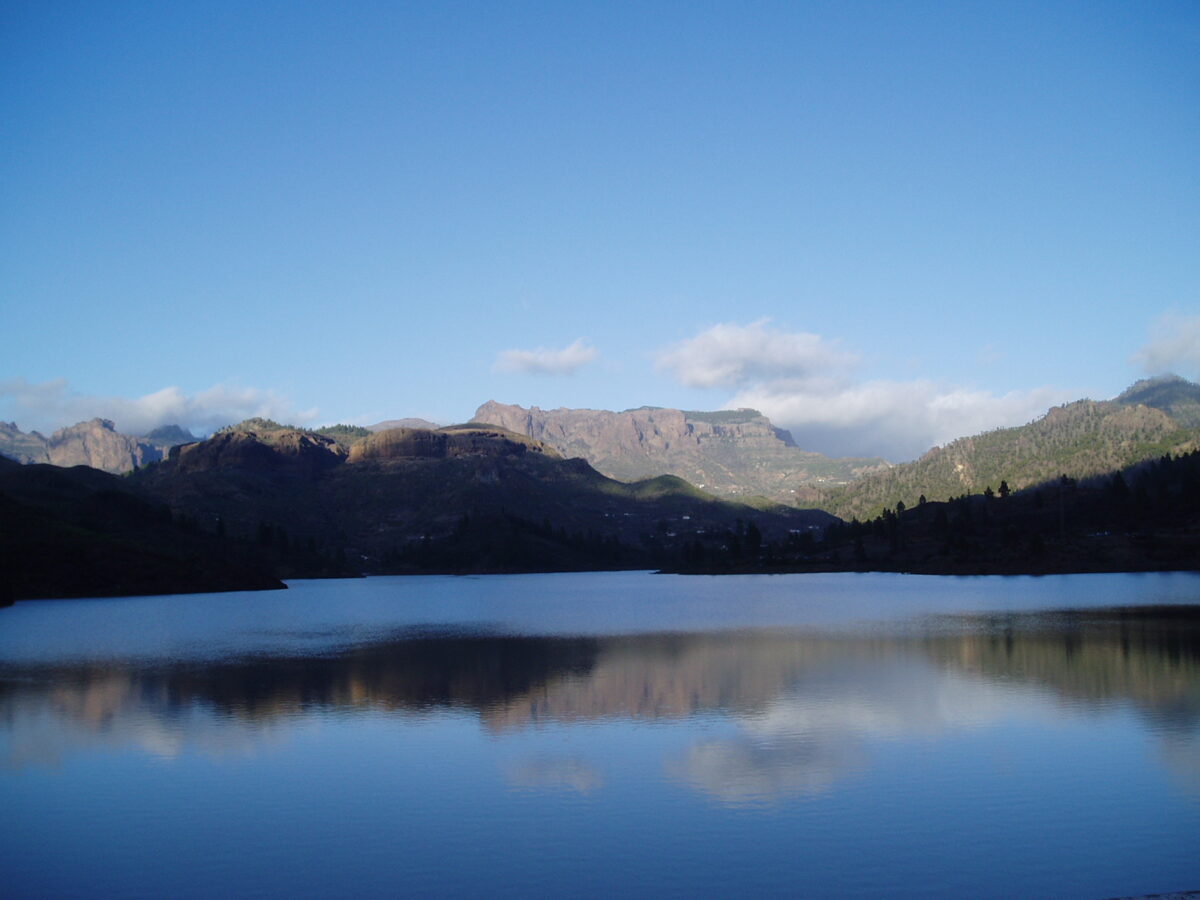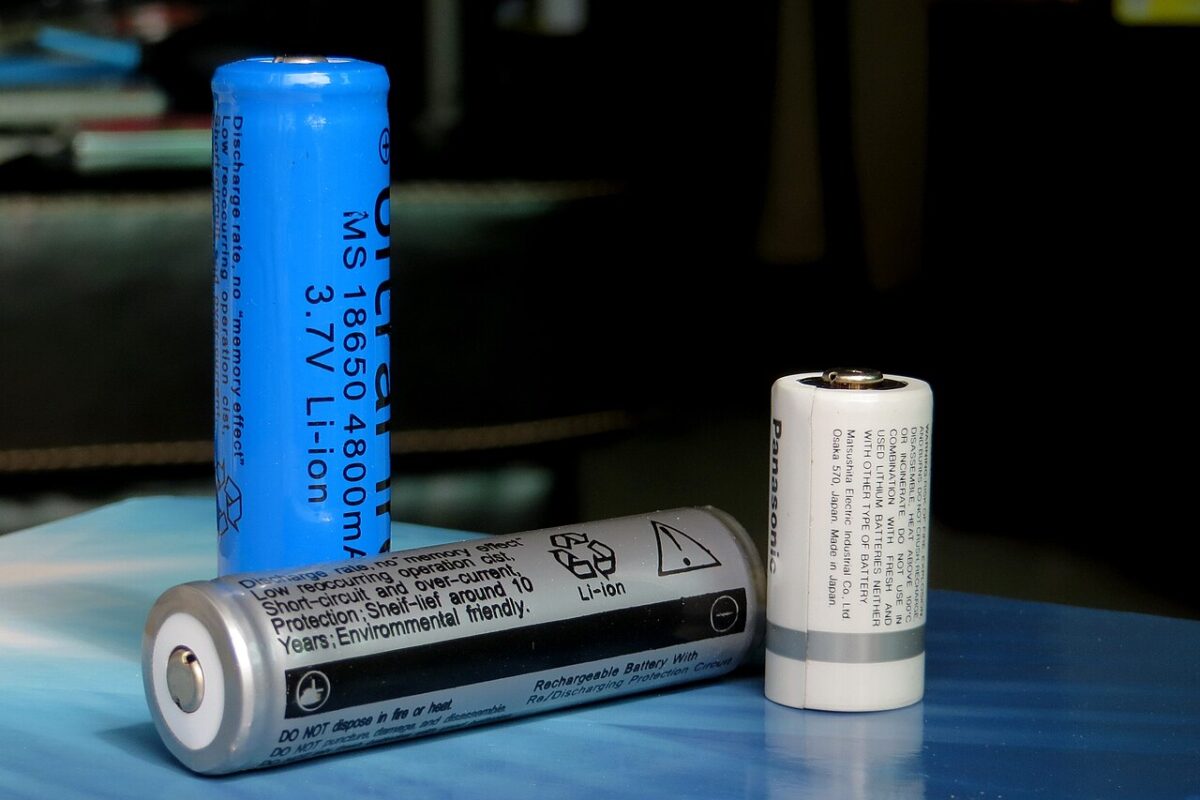The regional administration of the Spanish island of Gran Canaria has decided to lift a suspension on the 200 MW Salto de Chira pumped hydro power project, which had been halted due to the discovery of several cavities and canals that may have belonged to the archaeological heritage of the Canary Islands. The authorities now say that these cavities and canals are not archeologically significant, as they cannot even be considered to be sedimentological deposits.
Work on the facility came to a halt in mid-January after the discovery was announced by the archeological firm Tibicena Arqueología y Patrimonio SL.
Spain's General Directorate for Energy of the Department of Ecological Transition, the Fight against Climate Change, and the government of the Canary Islands issued the initial administrative authorization for the project. The project developer is Spanish grid operator Red Eléctrica de España, which is investing around €400 million ($439.3 million) in the facility.
The station will use water from the upper reservoir of Chira and the lower reservoir of Soria. It will have a storage capacity of 3.5 GWh. The regional government of Gran Canaria began developing the project in 2015.
In 2021, the Spanish Institute for Diversification and Saving of Energy allocated 255 MW of PV capacity for the Canary Islands through the Solcan rebate scheme, which refunds a percentage of installation costs using public funds. At the time, the archipelago had an installed PV capacity of approximately 170 MW.
This content is protected by copyright and may not be reused. If you want to cooperate with us and would like to reuse some of our content, please contact: editors@pv-magazine.com.




1 comment
By submitting this form you agree to pv magazine using your data for the purposes of publishing your comment.
Your personal data will only be disclosed or otherwise transmitted to third parties for the purposes of spam filtering or if this is necessary for technical maintenance of the website. Any other transfer to third parties will not take place unless this is justified on the basis of applicable data protection regulations or if pv magazine is legally obliged to do so.
You may revoke this consent at any time with effect for the future, in which case your personal data will be deleted immediately. Otherwise, your data will be deleted if pv magazine has processed your request or the purpose of data storage is fulfilled.
Further information on data privacy can be found in our Data Protection Policy.